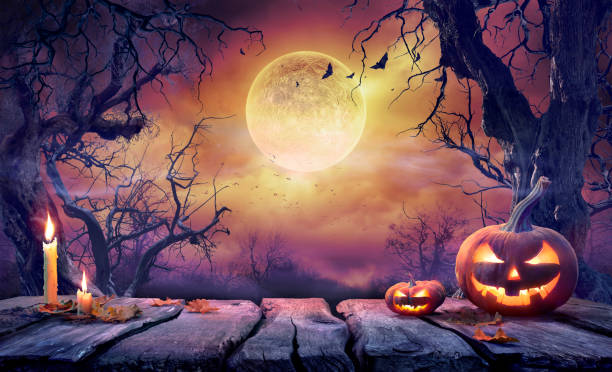Halloween, celebrated annually on October 31st, is a holiday steeped in ancient history and modern-day excitement. As it approaches, its cultural significance continues to evolve, blending its origins with the way communities, families, and children around the world come together to enjoy the festivities.
Origins of Halloween
Halloween’s roots trace back to the ancient Celtic festival of Samhain, a time when the boundary between the living and the dead was believed to blur. Celts would light bonfires and wear costumes to ward off wandering spirits. With the spread of Christianity, Samhain merged with All Saints’ Day, forming what we now know as Halloween. Over time, the holiday shifted from a solemn occasion to one filled with trick-or-treating, costumes, and parties.
Social Significance and Modern Day Traditions
Halloween has taken on various meanings over the centuries, but at its core, it serves as a time for people to come together, revel in imagination, and connect through traditions. In 2024, the holiday’s social significance remains strong. It’s a time for communities to bond, neighbors to reconnect, and for families to engage in shared experiences. The tradition of trick-or-treating, especially for children, fosters a sense of belonging and community trust as kids venture door-to-door in creative costumes.
Beyond its historical roots, Halloween has become a cultural and commercial juggernaut, with businesses thriving on costume sales, decorations, and candy. For families, Halloween is a creative outlet, a chance to craft homemade costumes, decorate homes, and carve pumpkins into jack-o’-lanterns. Parents often see this as an opportunity to bond with their children over shared traditions, while younger generations find excitement in the spookier aspects of the holiday.
Impact on Communities, Families, and Children
One of Halloween’s most significant impacts is its role in fostering strong community ties. Neighborhoods that embrace the holiday often become vibrant with Halloween parties, haunted houses, and decorated homes, creating a welcoming atmosphere for all. This creates a sense of unity, where families feel more connected to those around them, and children get the joy of an extended sense of belonging.
For children, Halloween 2024 offers a sense of adventure and imagination. It’s a rare occasion where children are encouraged to step out of their everyday routines, don a costume of their choosing, and embody the spirit of fun. It can also be an opportunity for parents to teach their children about cultural traditions, as Halloween connects to deeper historical and spiritual beliefs.
Global Variations of Halloween
Although Halloween is most widely celebrated in countries like the United States, Canada, and the United Kingdom, its influence has spread across the globe, and countries celebrate in diverse ways. In Mexico, Halloween is celebrated in conjunction with Día de los Muertos (Day of the Dead), a vibrant multi-day holiday honoring deceased loved ones. Japan has embraced Halloween with extravagant costume parties and parades, especially in major cities like Tokyo, where it’s more about fashion and creativity than the traditional Western rituals. Meanwhile, in parts of Europe, such as Ireland and Scotland, where Halloween’s origins lie, communities still hold onto the ancient customs with bonfires and celebrations tied to harvest time.
Each culture brings its flavor to Halloween, making it a unique celebration that reflects both local customs and the global spread of the holiday’s modern-day form.
Halloween’s Timeless Spirit
Halloween in 2024 continues to blend history, tradition, and creativity. From its ancient roots in Celtic rituals to its global celebrations today, Halloween has remained an enduring holiday that brings families and communities together. As people around the world don costumes and celebrate in diverse ways, Halloween’s magic lies in its ability to unite people through shared experiences, imagination, and fun.


